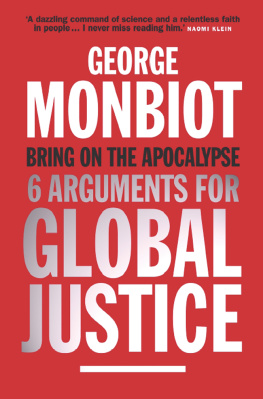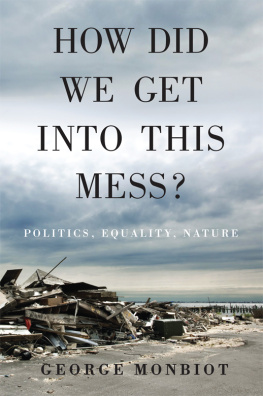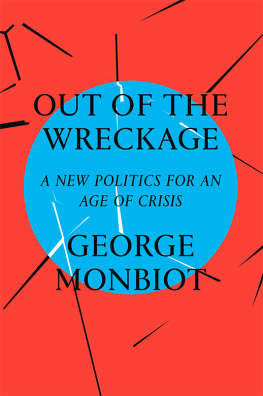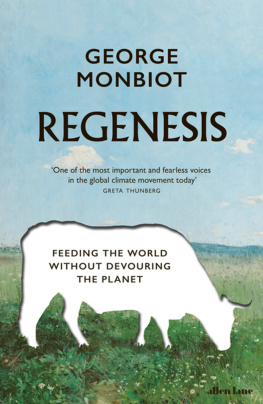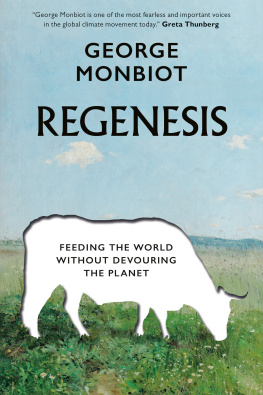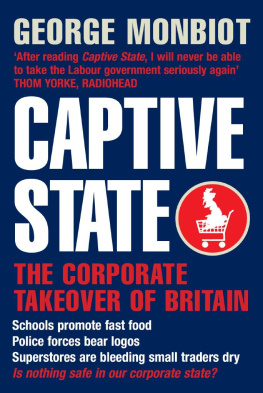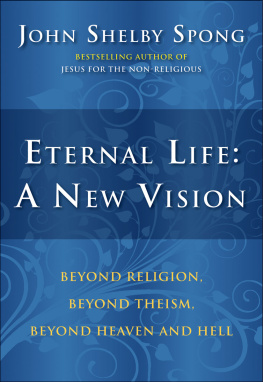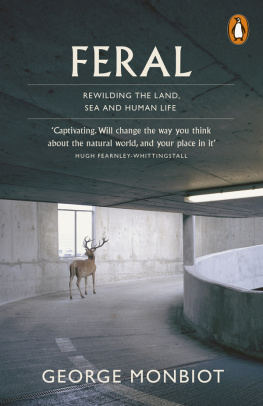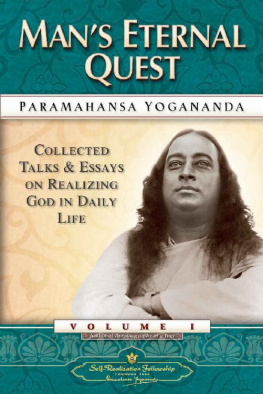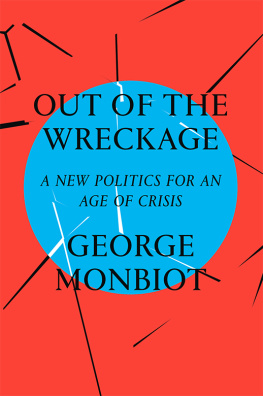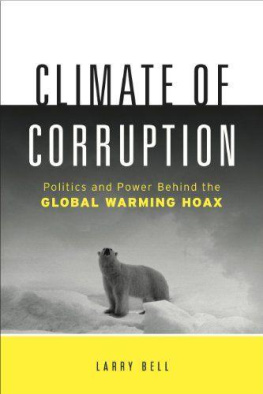Bring on the Apocalypse
George Monbiot is the author of Heat: How to Stop the Planet Burning, The Age of Consent and Captive State. A celebrated ecoactivist, he was presented with a United Nations Global 500 Award for outstanding environmental achievement by Nelson Mandela. He is currently Visiting Professor of Planning at Oxford Brookes University.

First published in trade paperback in Great Britain in 2008 by Atlantic
Books on behalf of Guardian Newspapers Ltd.
This edition published in Great Britain in 2014
by Atlantic Books Ltd.
Copyright George Monbiot, 2008
The moral right of George Monbiot to be identified as the author of this work has been asserted in accordance with the Copyright, Designs and Patents Act of 1988.
All articles used by permission of the author.
All rights reserved. No part of this publication may be reproduced, stored in a retrieval system or transmitted in any form or by any means, electronic, mechanical, photocopying, recording, or otherwise, without prior permission both of the copyright owner and the above publisher of this book.
Every effort has been made to contact copyright holders. The publishers will be pleased to make good any omissions or rectify any mistakes brought to their attention at the earliest opportunity.
ISBN 9781782396529
A CIP catalogue record for this book is available from the British Library.
Atlantic Books Ltd.
Ormond House
2627 Boswell Street
London WC1N 3JZ
www.atlantic-books.co.uk
Bring on the Apocalypse
Contents
Introduction
Four Missed Meals Away from Anarchy
I am writing this on a train rattling slowly down the Dyfi valley. It is April and the oaks are twitching into life. A moment ago I saw a lamb that had just been born. Afterbirth still trailed from the ewe like scarlet bunting. The Dyfi is lower than it should be at this time of year; its pale shoulders have been exposed. On its banks is the debris of the winter storms: sticks and leaves trapped in the branches of the sallows; trees like the picked skeletons of whales dumped in the grass. It is hard to believe that the river could have mustered such force.
It has not taken me long to adjust to my new home. When I travel to London, I can think only of the rivers and the hills. It is strangely peaceful here, almost as if the cruelty of nature has been suspended. But so, in its way, is every landscape I have travelled through. The houses lining the railway canyon north of Euston look like prisons, but no one riots. In the West Midlands the demolition of our industry takes place without ceremony or panic. Machines stack and sift the rubble; property developers park their Audis and stroll around the remains. There are no mobs; no fires; only the occasional bomb. The country is slumbering through a deep and unremarked peace.
By peace, I mean not just an absence of war. I also mean an absence of the competition for resources encountered in any place or at any time in which the necessities of life are short. Whenever I read about the fighting in Iraq or the massacres in Congo and Darfur, or the torture and repression in Burma or Uzbekistan, or the sheer bloody misery of life in Malawi or Zambia, I am reminded that our peace is a historical and geographical anomaly.
It results primarily from a surplus of energy. A lasting surplus of useful energy is almost unknown to ecologists. Trees will crowd out the sky until no sunlight reaches the forest floor. Bacteria will multiply until they have consumed their substrate. A flush of prey will be followed by a flush of predators, which will proliferate until the prey is depleted. But we have so far been able to keep growing without constraint. By extracting fossil fuels, we can mine the ecological time of other eras. We use the energy sequestered in the hush of sedimentation the infinitesimal rain of plankton on to the ocean floor, the spongy settlement of fallen trees in anoxic swamps compressed by the weight of succeeding deposits into concentrated time. Every year we use millions of years accreted in other ages. The gift of geological time is what has ensured, in the rich nations, that we have not yet reached the point at which we must engage in the struggle for resources. We have been able to expand into the past. Fossil fuels have so far exempted us from the violence that scarcity demands.
There are a few exceptions. Some of the troops sent abroad to secure and control other peoples energy supplies will die. Otherwise we have outsourced the killing. Other people kill each other on our behalf; we simply pay the victors for the spoils. Oil wars have been waged abroad ever since petroleum became a common transport fuel. Columbite-tantalite, a mineral of whose very existence we are ignorant but upon which much of our post-industrial growth depends, has been one of the main causes of a conflict that has led to some 4 million deaths in the Democratic Republic of Congo. We pay not to fight.
One phrase, picked up in the rhythm of the train, keeps chugging through my head. Every society is four missed meals away from anarchy. I heard it at a meeting a fortnight ago. Our peace is as transient and contingent as the water level in the Dyfi river.
Some of the accounts of the violence in New Orleans following Hurricane Katrina were exaggerated, but not all of them. The slightest disruption in the supply of essential goods, coupled with the states failure to assert its monopoly of violence, is sufficient to persuade people to rob, threaten, even to kill. A violent response to scarcity affects even those who are in no danger of starvation. Look at what happens on the first day of the Harrods sale. Prosperous people, aware that bargains are in short supply, shove, elbow, scramble, sometimes exchange blows, in their effort to obtain one of a small number of dinner services or carriage clocks or other such symbols of refinement. Civilisation, so painfully maintained by their hypocritical British manners at other times, disintegrates like the china they tussle over at the first hint of competition. We take our peace for granted only because we fail to understand what sustains it.
Order, in such circumstances, can be quickly restored through the superior force of arms. But order in times of scarcity is not the same as order in times of plenty. It is harsher and less flexible; the realities of power are more keenly felt. There have been instances where the superior force intervenes to try to ensure a fair distribution of resources. This happened, for example, in Britain during the Second World War. More commonly, it intervenes to protect those who still possess supplies from those who do not. It is not always the state that performs this role: the rich also arrange their own security, paying other people to fight.
Look at the compounds and condominiums in Johannesburg, Nairobi, Rio de Janeiro, Buenos Aires, Mumbai and Jakarta. The rich live behind razor wire, broken glass, dogs and armed guards. It is, to my eyes, a hideous existence. But only one thing is worse than living in a gated community in these cities: not living in a gated community. Without guards, you sleep with one ear tuned to the breaking of your door.
Yet even here there is, most of the time, no absolute shortage of any essential resource. In all these places you can buy whatever you want. There is no shortage of food or fuel or clean water or any other commodity, if you have money. Money is the limiting factor the absence of which keeps people hungry. But the situations I would like you to consider are those in which not money but the resources themselves become the constraint.

